2017 is expected to be hot, but probably not as hot as last year

Weather forecasters are predicting that 2017 will still be one of the hottest years on record.
Weather forecasters are predicting that 2017 will still be one of the hottest years on record.
After the record temperatures of 2016, it seems that the extremes and unusual trends will continue in 2017, pushing the planet Earth further into a ‘truly unchartered territory’, as David Carlson, head of the World Climate Research Programme said in a release. In March, the World Meteorological Organization (WMO) published its annual report on the state of the global climate, confirming previously released figures showing that 2016 was the warmest year on record. The global average temperatures were about 1.1 °C (1.98 °F) above the pre-industrial period, and about 0.06 °C above the previous record set in 2015. The global average sea surface temperatures were also the highest on record last year and the sea levels continued to rise, while exceptionally low ice levels at both poles were observed.
These trends appear to be continuing this year, even without a strong El Nino. NOAA’s model guidance points toward a likelihood of a new weak El Nino forming by May or June that will possibly expand into an event of moderate strength come the fall of 2017. In WMO’s press release, it is mentioned that at least three times so far this winter "the Arctic has witnessed the Polar equivalent of a heatwave, with powerful Atlantic storms driving an influx of warm, moist air." These changes in the Arctic and melting sea ice seem to lead to a shift in wider oceanic and atmospheric circulation patterns, affecting weather elsewhere in the world. As a result, areas like Canada and much of the USA, have experienced unusually balmy temperatures, while others, including the Arabian peninsula and North Africa, an unusually cold the first few months this year.
Speaking in Geneva, WMO spokesperson Clare Nullis told reporters, "(…) we are still seeing very, very warm temperatures, a lot of extreme events and very, very low sea ice in both the Arctic and, more unusually, in the Antarctic.”, adding that ‘the projections at the moment are that 2017 will be one of the hottest, but probably not the hottest and that is if we don’t have a strong El Nino’.
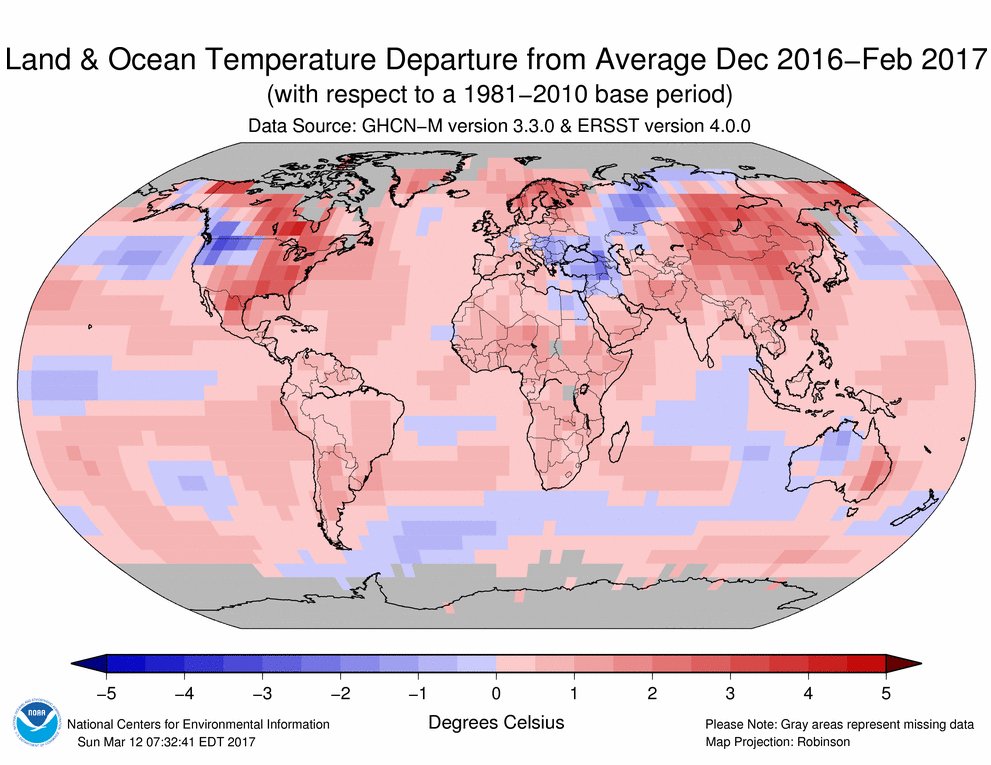
Dec. 2016–Feb. 2017 was 2nd warmest such period on record for the globe
Want to read more like this story?
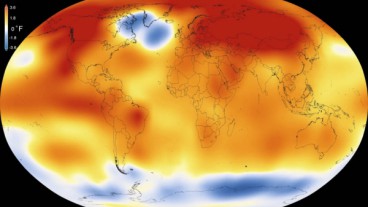
2015 was the warmest year on record :(
Mar, 02, 2016 | NewsThe record-breaking year continues a long-term warming trend — 15 of the 16 warmest years on r...
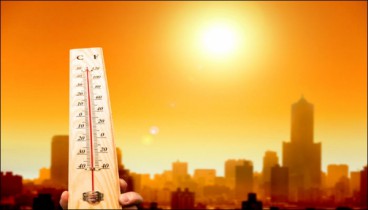
July 2016 was the hottest month in recorded history
Aug, 31, 2016 | NewsNASA’s and NOAA’s separate analyses come to the same conclusion NASA’s and NOAA...

Arctic Sea Ice Hits Record Low
Feb, 15, 2015 | NewsAccording to data from the NASA-supported National Snow and Ice Data Center (NSIDC) at the Universit...
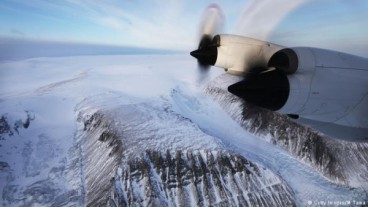
NASA flies over the poles to monitor ice loss
Jun, 22, 2017 | NewsSea ice in the Arctic reached the lowest maximum wintertime extent ever recorded Sea ice in the Arc...
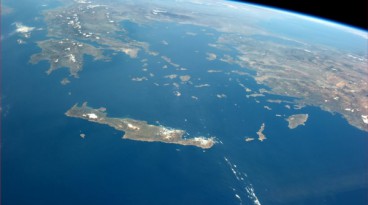
Horror Scenario For Coastal Areas
Jul, 29, 2015 | NewsClear warning from scientists, who note that the sea level rise may not be avoided even if the gover...
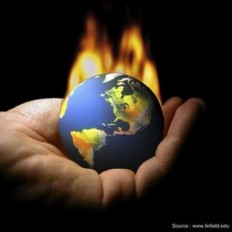
The Earth Is Still Too Hot!
Jun, 08, 2015 | NewsDespite the widespread impression that in recent years there has been some respite and slowdown in c...

The biggest glacier in East Antarctica is melting due to warm ocean water
Dec, 30, 2016 | NewsIf the Totten glacier melts, global sea levels will rise by 3.5 meters If the Totten glacier melt...
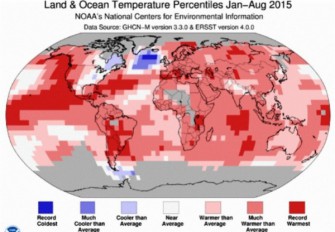
A Mysterious Cold Spot in the Atlantic Confirms the "Nightmare"...
Oct, 14, 2015 | NewsThe temperatures that have prevailed on our planet during the summer have alarmed scientists. The...
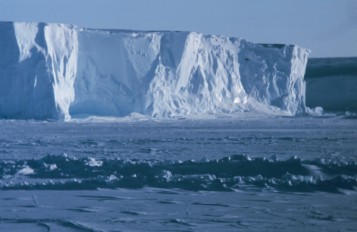
Glacial geoengineering could slow ice melting, claim glaciologists
Apr, 23, 2018 | NewsThree proposed geoengineering projects could buy us some time to address global warming Three pro...
Trending

Vertical gardens in Mexico City to combat pollution

Saudi Park Closed After 360 Big Pendulum Ride Crashes to Ground, 23 injured

Characteristics of Load Bearing Masonry Construction

Taipei 101’s impressive tuned mass damper

Dutch greenhouses have revolutionized modern farming

Federal court rules Biden’s offshore drilling ban unlawful


